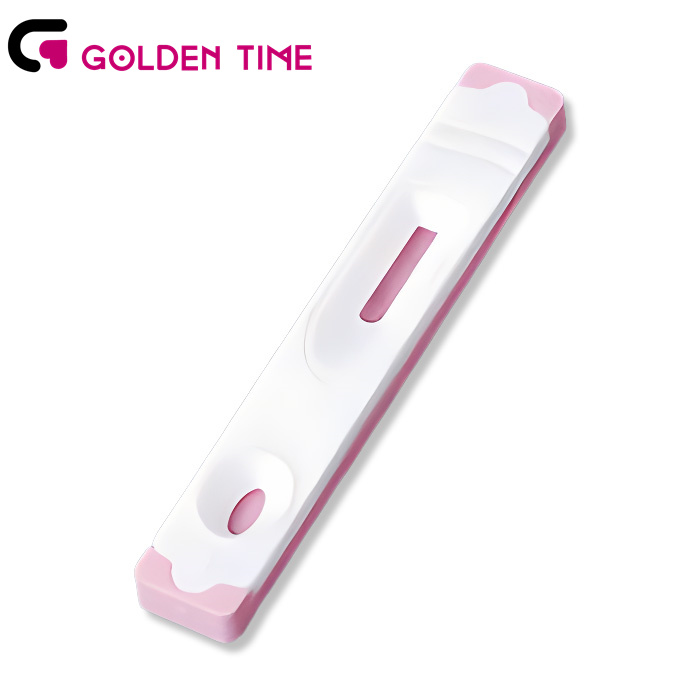Nov . 16, 2024 10:26 Back to list
antigen covid test
Understanding Antigen COVID Tests A Comprehensive Overview
The COVID-19 pandemic has fundamentally changed how we approach health and safety, pushing the medical community to innovate testing methods to better understand and control the virus's spread. Among various testing options, antigen tests have gained popularity due to their speed and ease of use. This article aims to delve into the details of antigen COVID tests, their workings, benefits, limitations, and their role in the ongoing battle against the pandemic.
What Are Antigen Tests?
Antigen tests are diagnostic tools that detect specific proteins on the surface of the virus that causes COVID-19. Unlike RT-PCR tests, which look for the virus's genetic material and usually require laboratory processing, antigen tests can provide results quickly—often within 15 to 30 minutes. These tests are generally performed using a nasal or throat swab, and they are designed to identify active infections.
How Do Antigen Tests Work?
The mechanism behind antigen tests is relatively straightforward. The sample collected from an individual is mixed with a solution that binds to SARS-CoV-2 antigens (the proteins produced by the virus). This mixture is then applied to a test strip, similar to a pregnancy test. If the virus is present, a visible line appears on the test strip, indicating a positive result.
Given their simplicity, antigen tests can be conducted in various settings, including healthcare facilities, testing centers, and even at home. This accessibility is one of the primary reasons why they have become a preferred method among many, particularly for rapid screening in situations where immediate results are paramount.
Benefits of Antigen Tests
One of the most significant advantages of antigen tests is their speed. In a time-sensitive environment, such as at airports, schools, or large events, the ability to obtain results within minutes drastically enhances logistical planning and safety measures.
Moreover, antigen tests are generally less expensive than PCR tests, which can make widespread testing more feasible. Their ease of use also means that non-medical personnel can administer them, further streamlining the testing process.
antigen covid test

Additionally, antigen tests are increasingly being used for routine screening in high-risk settings, such as nursing homes, schools, and workplaces. This proactive approach enables quicker identification of potential outbreaks, allowing for timely interventions and minimizing the risk of transmission.
Limitations of Antigen Tests
Despite their advantages, antigen tests come with limitations. One of the most critical issues is their sensitivity. Antigen tests can miss some cases of infection, particularly in individuals who are asymptomatic or in the early stages of the disease when viral loads may be lower. This means that a negative result from an antigen test does not definitively rule out COVID-19, especially if symptoms are present.
In such cases, follow-up PCR testing is often recommended for confirmation. Public health authorities emphasize that negative antigen test results may need to be interpreted in conjunction with clinical assessment and other testing methods.
The Role of Antigen Tests in Pandemic Management
As the pandemic evolves, antigen tests are becoming an integral part of comprehensive testing strategies. They play a crucial role in surveillance, allowing communities to gauge the virus's spread and manage outbreaks effectively. By identifying cases quickly, antigen tests contribute to contact tracing efforts and ensure that affected individuals can isolate promptly.
Furthermore, as vaccination rates increase and variants of the virus emerge, continuous testing—both PCR and antigen—remains vital to understanding the dynamic landscape of COVID-19. Antigen testing can help bridge the gap during periods of high transmission and provide a rapid response to surges.
Conclusion
Antigen COVID tests represent a significant advancement in our ability to manage and understand the pandemic. While they are not without limitations, their speed, accessibility, and cost-effectiveness make them a valuable tool in the public health arsenal. By continuing to utilize a combination of testing methods and following public health guidance, we can work towards controlling the spread of COVID-19, keeping ourselves and our communities safe. As we navigate this ongoing crisis, understanding and leveraging the strengths of antigen tests will be critical in fostering a healthier future.
-
Highly Accurate hCG Pregnancy Test Strips - 5 Min Results
NewsAug.02,2025
-
Premium Empty ABS Plastic Cassettes: Durable & Lightweight Storage
NewsAug.01,2025
-
Accurate Cocaine (Coc) Rapid Test Kit | Fast & Reliable Detection
NewsJul.31,2025
-
Accurate HCG Pregnancy Test Strips | Fast Home Use Kit
NewsJul.31,2025
-
Reliable Early Pregnancy Test Kit Supplier - Multi Plastic Cassette Options
NewsJul.30,2025
-
Transferrin Rapid Test Cassette – Reliable Tumor Marker Detection
NewsJul.29,2025

